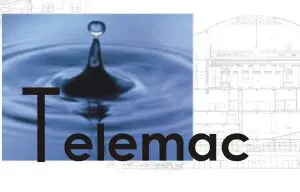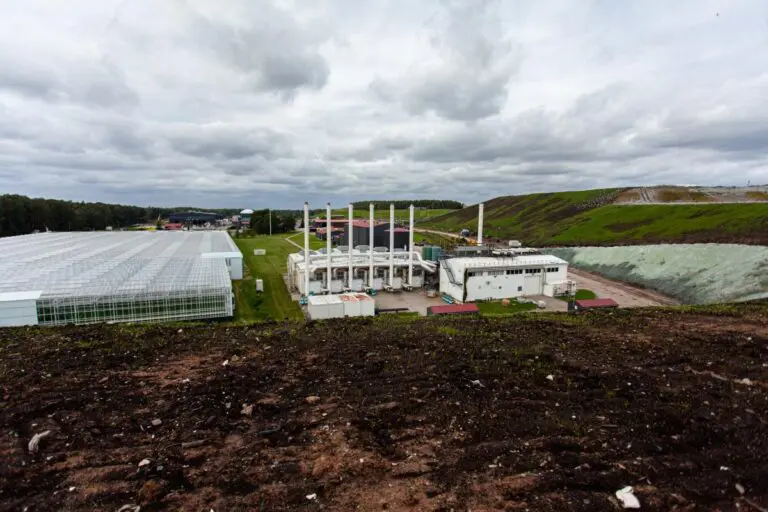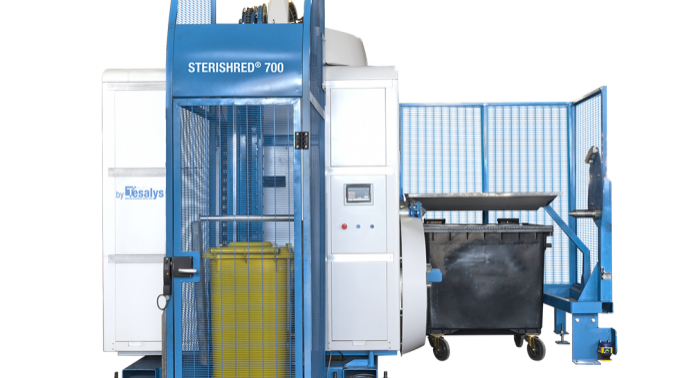Remote expertise for wastewater treatment (PRWEB) September 29, 2004
 Getting expertise where it is needed in wastewater treatment is the goal of TELEMAC, which has developed remote, and local monitoring and control solutions so industries can obtain all the benefits of anaerobic waste treatment while minimising costs and complications.
Getting expertise where it is needed in wastewater treatment is the goal of TELEMAC, which has developed remote, and local monitoring and control solutions so industries can obtain all the benefits of anaerobic waste treatment while minimising costs and complications.
The TELEMAC system is currently being evaluated at three pilot sites ahead of extensive testing next year in preparation for commercialisation, potentially heralding a major boost for the use of anaerobic treatment, a cleaner and more efficient way of removing concentrated biodegradable industrial waste than traditional methods.
“Anaerobic digestion consists of a complex ecosystem of bacteria to break down waste,” explains TELEMAC scientific coordinator Olivier Bernard at INRIA in France. “It is faster than traditional aerobic processes for complex substrates, less sludge is produced and the main advantage is that it produces methane which can be burnt for energy.”
The method has been relatively underused until now, however, because of its complexity and instability, given that the slightest perturbation of the ecosystem can bring the process to a halt. That is where TELEMAC comes in with a comprehensive monitoring and control system to ensure optimal functioning of the treatment process.
TELEMAC employs a series of robust and inexpensive hardware sensors to provide information on different compounds in the treatment facility combined with software sensors to predict unknown variables. This data is managed firstly by a local automated system, which can carry out minor adjustments, and secondly by a remote, Internet-accessible database at the TELEMAC Control Centre, which will alert experts to serious problems at any connected treatment plant.
“Many companies requiring treatment facilities are small and wastewater management is not their principal activity,” Bernard notes. “It would be too costly for them to employ an onsite expert so therefore remote monitoring is an efficient solution.”
The TELEMAC system ultimately saves money for users, while the assurances it provides makes anaerobic treatment a more attractive option. According to Bernard and administrative coordinator Bruno Le Dantec, initial investments in anaerobic plants can be recovered within three to five years due to the energy produced from the burning of the methane gas.
Though the project partners focused their work on the spirits and wine industries “ the trials are taking place at a tequila manufacturer in Mexico, and at a wine cooperative and a brewery in Spain “ anaerobic treatment and the TELEMAC system are applicable to a broad range of sectors, from other agri-food businesses to the perfume industry.
“We expect the market to really start to grow over the coming years, to the point where within the next decade anaerobic processes could be used to treat urban wastewater and produce energy for cities,” Bernard says.
Contact:
Olivier Bernard
Scientific coordinator
INRIA
Domaine de Voluceau
Rocquencourt – B.P. 105
F-78153 Le Chesnay Cedex
France
Tel: +33-1-39635511
Fax: +33-1-39635330
Email: [email protected]
Bruno Le Dantec
Administrative coordinator
ERCIM
2004, Route des Lucioles
BP 93
F-06902 Sophia Antipolis
France
Tel: +33-4-92385013
Fax: +33-4-92385011
Email: [email protected]
Source: Based on information from TELEMAC
###
![]() ©Copyright 1997-
©Copyright 1997-
, Vocus PRW Holdings, LLC.
Vocus, PRWeb, and Publicity Wire are trademarks or registered trademarks of Vocus, Inc. or Vocus PRW Holdings, LLC.






